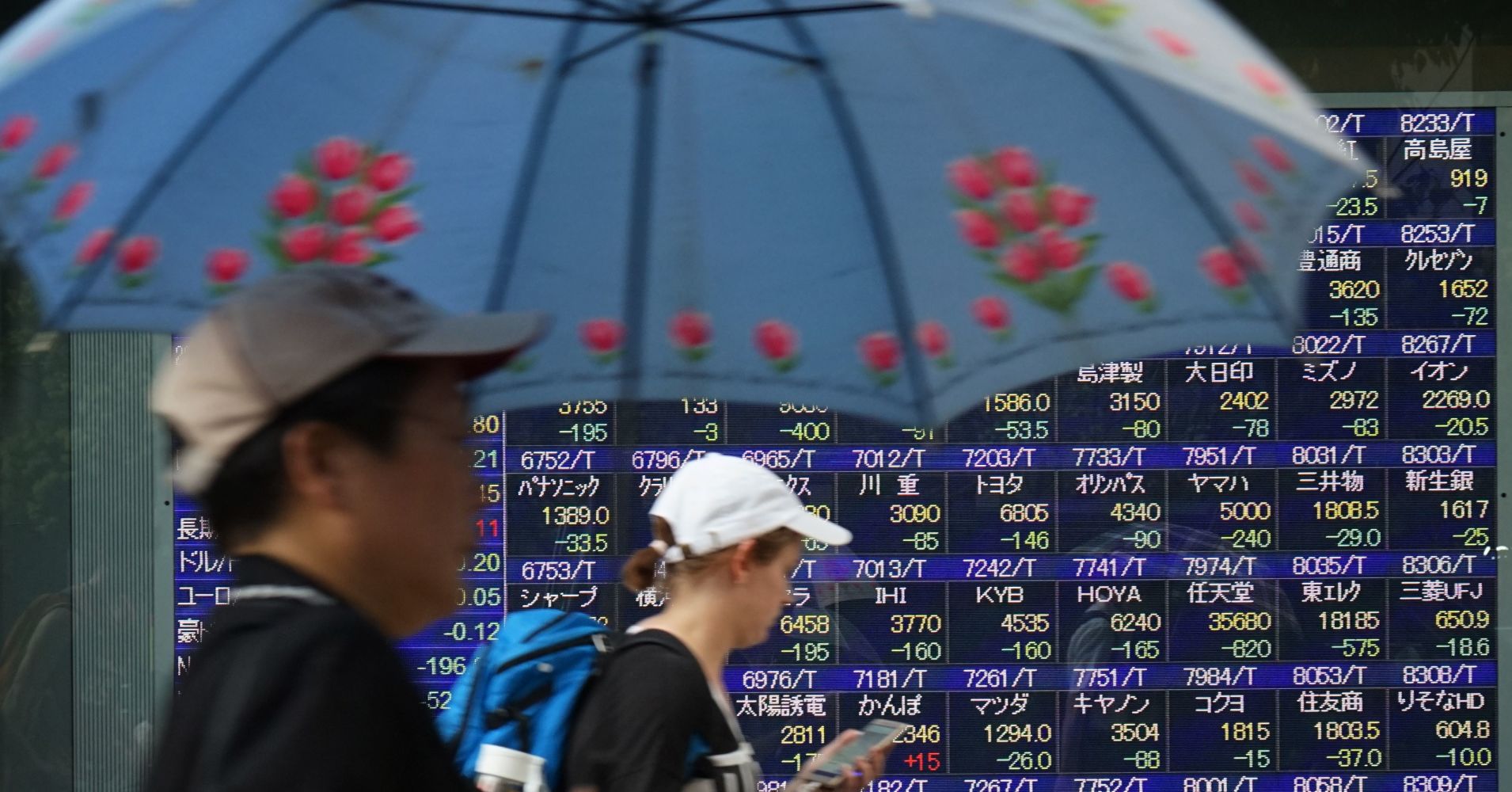
Asia markets were largely positive in afternoon trade on Monday, with Greater China markets gaining following a move by China’s central bank to guide the management of the yuan, which analysts saw as a way to slow the yuan’s slide.
Hong Kong’s Hang Seng index rose by 2.18 percent as of 3:10 p.m. HK/SIN as all its major sectors rose, with services up by 3.21 percent.
Over on the mainland, the Shanghai composite was 1.89 percent up to close at 2,780.89 while the Shenzhen composite ended the trading day higher by 2.491 percent at 1,496.71.
The onshore Chinese yuan traded down against the dollar at 6.8163 at 3:24 p.m. HK/SIN after touching a high of 6.8052 earlier in the day. It’s offshore counterpart, which had also seen a prior high of 6.7806, traded largely flat against the greenback at 6.8080.
The gains come as the People’s Bank of China announced that it was tweaking its methodology for the fixing of the yuan’s daily midpoint in an effort to stabilize the currency market.
“China has been deliberately loosening its exchange rate over the last few months to deflect some of the trade issues” the country currently faces with the U.S., said Jim McCafferty, head of Asia ex-Japan research at Nomura Securities.
Speaking with CNBC’s “Squawk Box,” McCafferty added that he saw the latest move by the Chinese central bank as “a bit of appeasement” to the U.S., by letting the Chinese yuan “perhaps strengthen a little bit.”
In Australia, the ASX 200 was up by 0.35 percent to close at 6,268.9 after trading in negative territory earlier, as the heavily weighted financials sector ended the trading day up by 0.15 percent.
The moves Down Under came after a week of political turmoil which culminated in former Treasurer Scott Morrison emerging as the country’s sixth prime minister in the last decade.
Speaking with CNBC’s Matthew Taylor on Monday morning, Adam Carr, chief economist at the Australian Chamber of Commerce, said last week was “an absolute disaster as far as policy certainty is concerned.” “We crave certainty, our members crave certainty,” he added.
Japan’s Nikkei 225 was up by 0.88 percent to close at 22,799.64, with almost all sectors ending the trading day in positive territory. South Korea’s Kospi rose 0.27 percent to close at 2,299.3.
Wall Street ended the last trading week in positive territory. The S&P 500 rose 0.6 percent to close at 2,874.69 while the Nasdaq Composite climbed 0.9 percent to close at 7,975.98, a record high close for both indexes. The Dow Jones Industrial Average was up by 133.37 points to close at 25,790.35.
Last Friday, Powell delivered a speech at the Jackson Hole Symposium in Wyoming, where leading central bankers met to discuss the future of monetary policy. He said “further, gradual” rate hikes were likely in the future, noting the economy is “strong” and able to withstand tighter monetary policy.
In a morning note, Ray Attrill, head of foreign exchange strategy at National Australia Bank, said the “combined impact” of the dollar’s weakness following Powell’s speech and yuan strength after the China’s central bank’s announcement will likely be “dominant” as early week influences.
The U.S. dollar index, which tracks the greenback against a basket of currencies, traded at 95.233 at 3:19 p.m. HK/SIN. The Japanese yen traded against the dollar at 111.08 while the Australian dollar was at $0.7309.
– CNBC’s Fred Imbert and Reuters contributed to this report.
